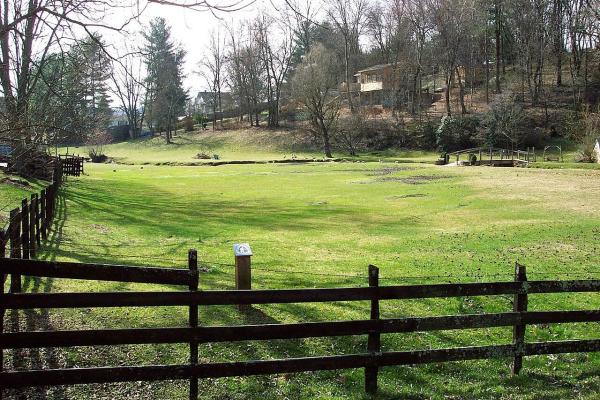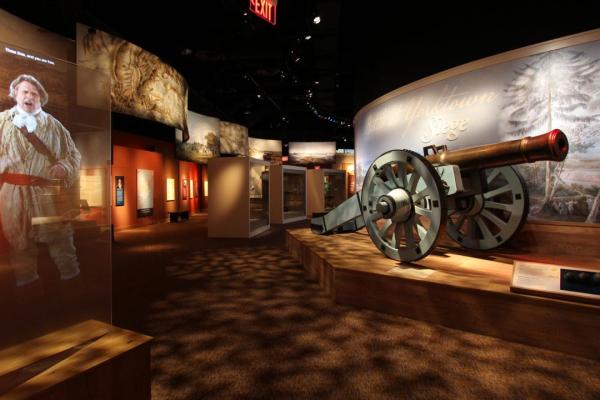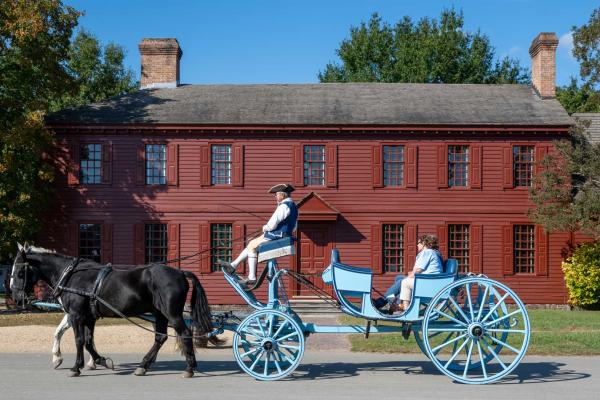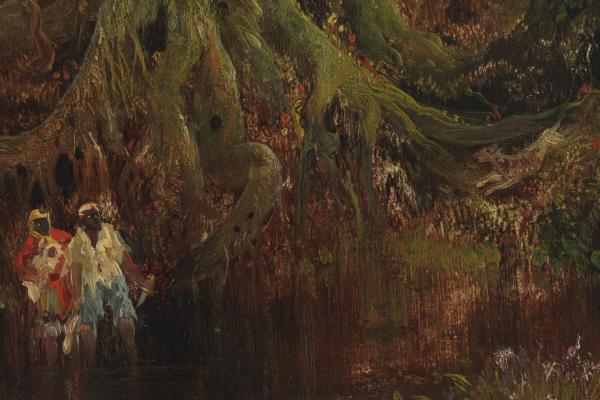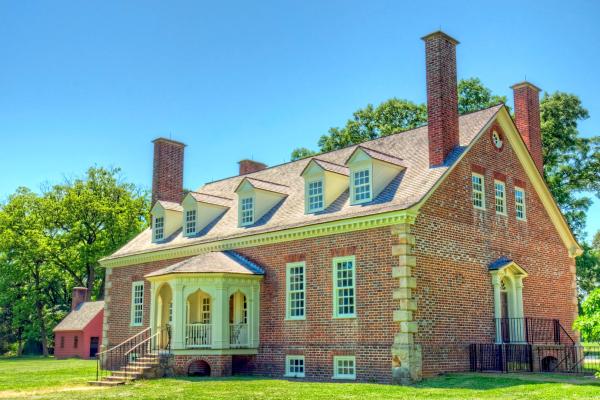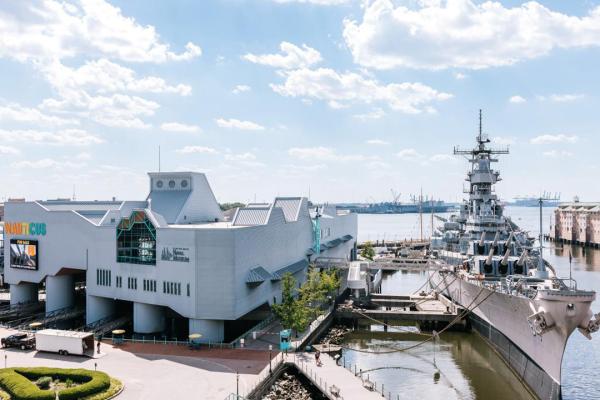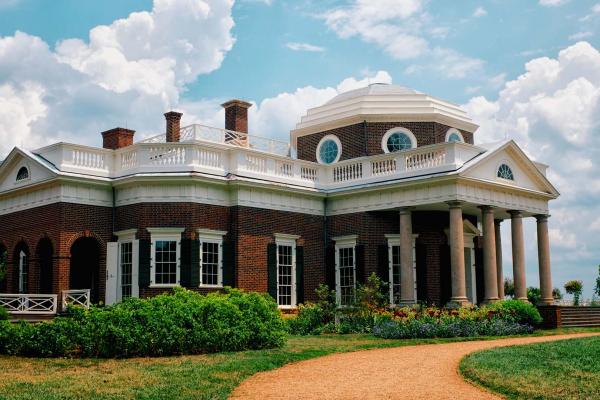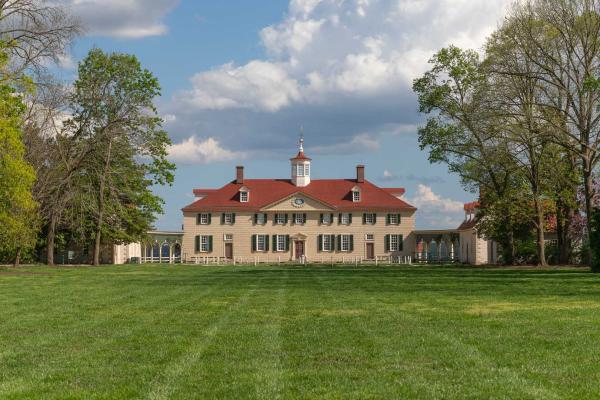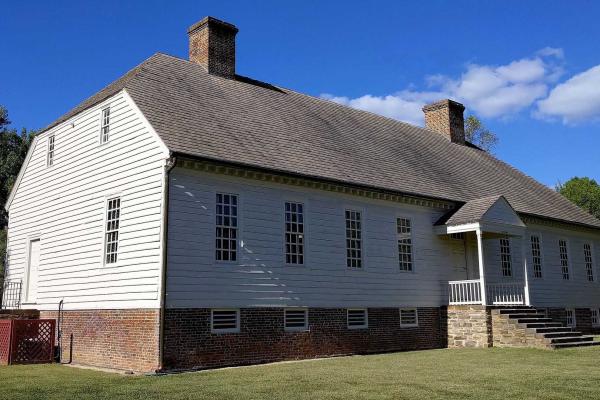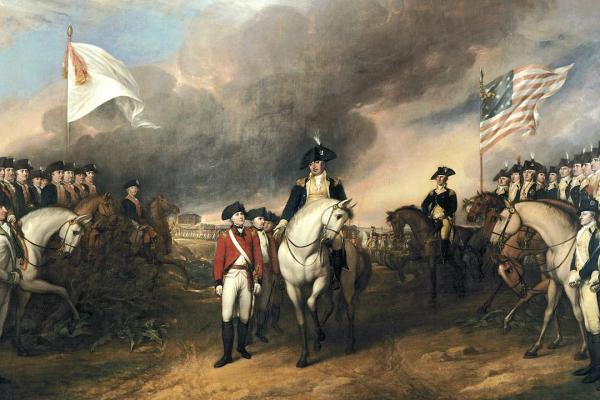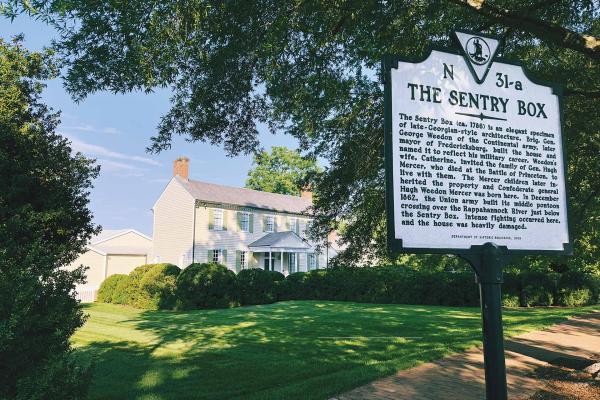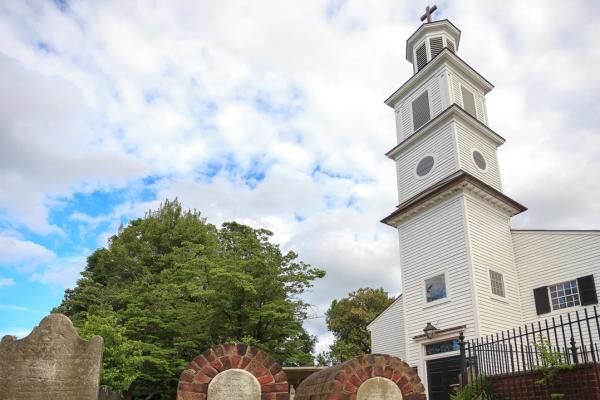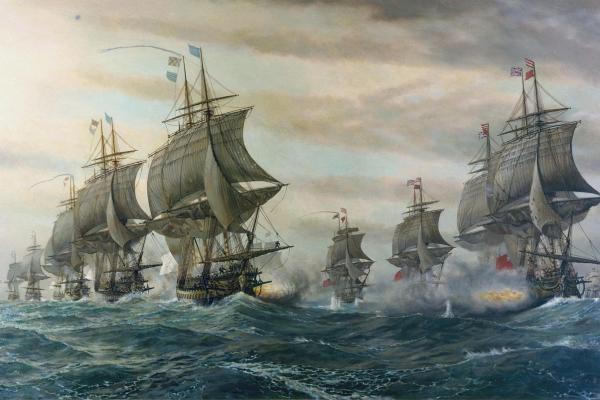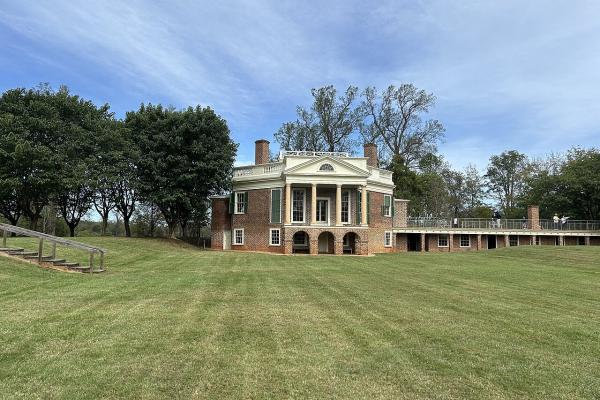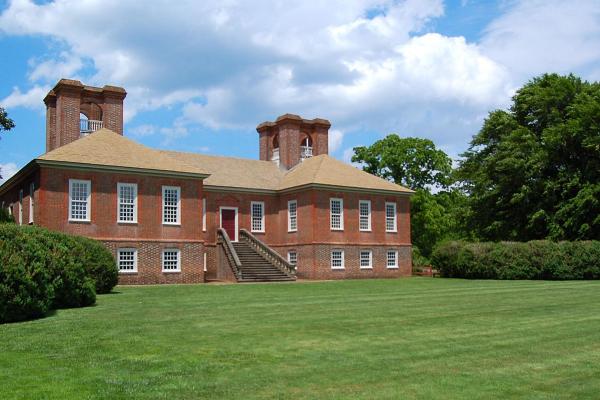The Abingdon Muster Grounds is a 9-acre park is the site where, in 1780, 400 Virginians joined other patriot militia from the western frontier in a...
The American Revolution Museum at Yorktown provides the origins of the nation’s founding, stretching from the early colonial period to the passing of...
Known worldwide as the nation's largest living history museum, Colonial Williamsburg operates the restored eighteenth-century capital of colonial...
Located just south of the Chesapeake Bay, this "uninhabitable" Great Dismal Swamp was home to thousands of Native Americans and Maroons--self...
The home to Founding Father George Mason, this mansion is slightly atypical of Georgian architecture due to its unique interior design that blends...
The Hampton Roads Naval Museum is one of ten U.S. Navy-run museums in the country. It highlights Virginia's naval history from the American Revolution...
Monticello, “Little Mountain,” was the home from 1770 until his death in 1826, of Thomas Jefferson, author of the Declaration of Independence and...
Mount Vernon acted as the former plantation estate of the legendary Revolutionary War general, George Washington. The current estate includes the...
Once owned and operated by Founding Father Patrick Henry, it was while living in this home that Patrick Henry coined the phrase "Give me liberty or...

- parking
- accessible_parking
- wheelchair_accessible
- restrooms
- wifi

- parking
- accessible_parking
- wheelchair_accessible
- restrooms
- wifi

- parking
- accessible_parking
- wheelchair_accessible
- restrooms
- wifi

- parking
- accessible_parking
- wheelchair_accessible
- restrooms
- wifi

- parking
- accessible_parking
- wheelchair_accessible
- restrooms
- wifi
Liberty Trail History Makers
The Revolutionary War was a war unlike any other — one of ideas and ideals, that shaped “the course of human events. Explore the history and personalities from this pivotal time in American history.Martha Dandridge Custis Washington made her own mark as the first First Lady and symbol of motherhood in the new nation.
George Washington’s leadership guided the American colonies through revolution and into nationhood. As a general and the first president, he played a crucial role in shaping the United States’ early foundations.
Alexander Hamilton, a Founding Father and the nation’s first Secretary of the Treasury, rose to prominence during the American Revolution as an artillery captain and later as a trusted aide-de-camp to General George Washington.
Commander of a Virginia unit during the American Revolution, Abraham Buford saw his troops massacred by Banastre Tarleton and his British Legion at the Battle of Waxhaws in South Carolina.

